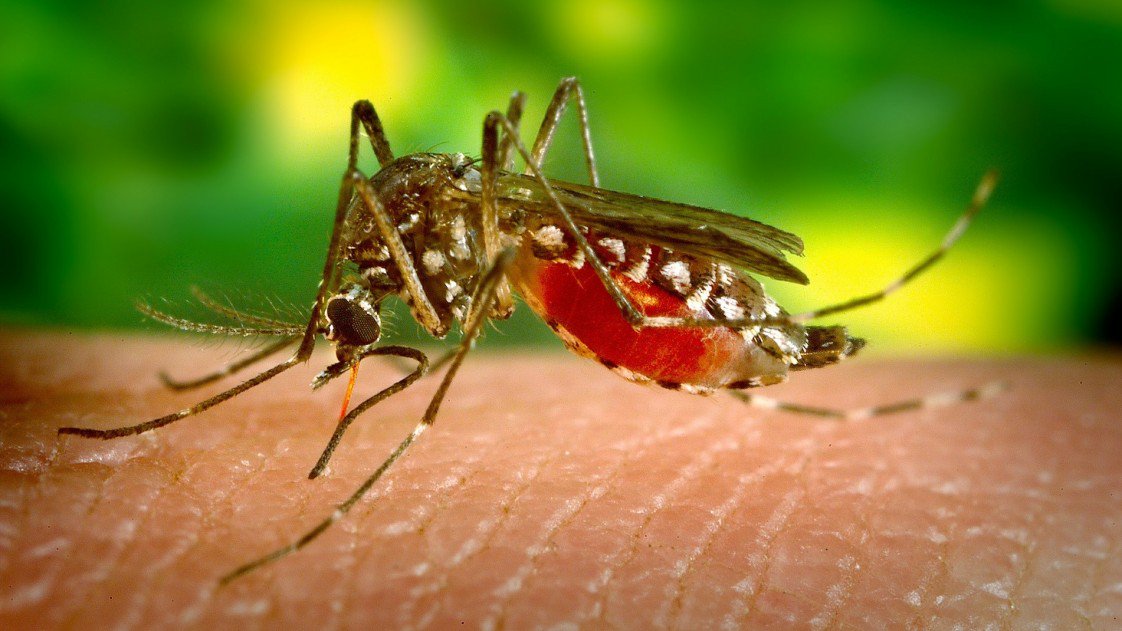What Is Malaria?
Malaria is a common, life-threatening disease caused by the parasite Plasmodium. It is transmitted via the bite of an infected female Anopheles mosquito – which are of five different variants.
While the bite of a mosquito is the most common way of transmission, malaria may also be transmitted through blood transfusion, organ transplant or the use of shared needles and syringes. It may also be transmitted from a mother to her unborn infant before or during delivery.
Who Are The Most Affected Groups?
Malaria may be seen in both men and women in every age group who have been exposed to mosquito bites. Half of the world is currently at risk of infection but it is commonest in Africa where 92% of all cases and 93% of deaths were seen.
The risk of developing malaria is greatest in children under five, non-immune migrants, people living with HIV, and pregnant women. In 2017, there were about 219 million cases of malaria in 87 countries of the world according to the World Health Organisation with about 435,000 deaths with over 250,000 of them being children. Nigeria is responsible for the world’s greatest burden of malaria with about 25% of all malaria cases worldwide (51 million cases).
What Are The Signs And Symptoms Of Malaria?
The first signs of malaria appear about 10 to 15 days after the bite of an infected mosquito. This usually comes in the form of fever, headaches, excessive sweating, malaise, muscle aches, nausea, vomiting, diarrhoea and chills. Plasmodium falciparum is the most threatening cause of malaria as it causes the most malaria-related deaths.
If left untreated, symptoms may progress to cause moderate-to-severe anaemia, a multi-organ failure such as kidney failure, and cerebral malaria – an often-fatal outcome especially in rural communities without adequate medical facilities and/or staff.
How Is Malaria Diagnosed And Treated?
Early diagnosis and treatment are essential to prevent severe disease and deaths. The diagnosis must be embarked on via rapid diagnostic tests or microscopy treatment to reduce drug resistance. Malaria is best treated with combination therapy, typically artemisinin-based combination therapy or ACT.
Source: Guardian Newspaper




